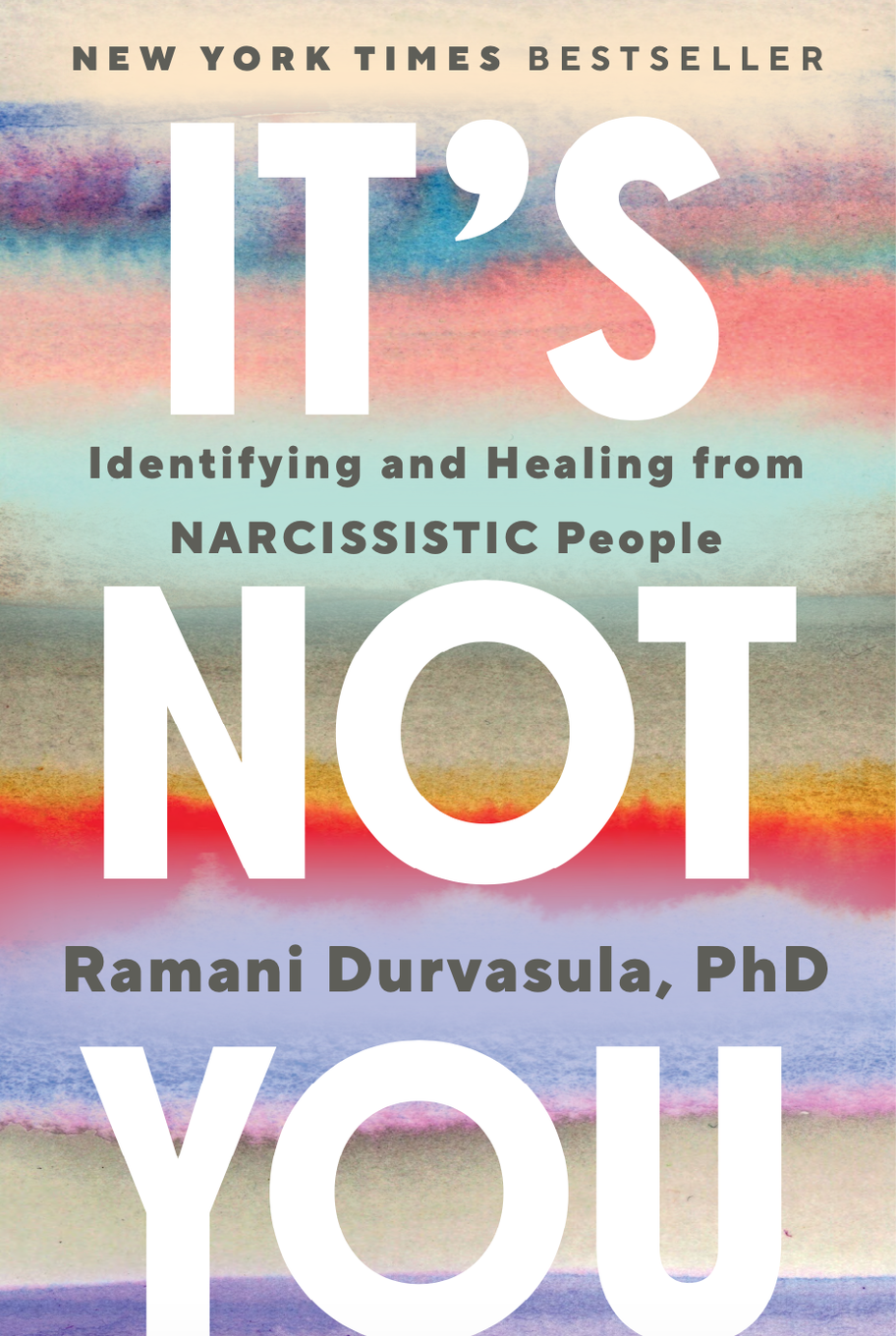The “narcissism epidemic” and the “selfie generation” are among the references made to a modern culture that appears to reward self-aggrandizement and self-promotion. The issue isn’t limited to social media; contemporary social norms and practices encourage ideals of self-belief, self-promotion, and validation.
Many of today’s idols are pioneers, artists, and high-profile CEOs — the Steve Jobs and Elon Musks of the world — titans who, despite their critics, took a wrecking ball to the status quo.
Does this suggest that we’re becoming more narcissistic as a society, or is narcissism as a personality trait being overused and misunderstood? While vision and grit play an important role in leadership, might a level of narcissism also be needed to achieve mega success?
Narcissism and power
As a social psychologist, Jennifer Chatman says that while it’s not a “necessary ingredient” to achieve success, CEOs in Silicon Valley and elsewhere are more likely to be narcissistic than the general population — by about 6%. Chatman is professor of Management at UC Berkeley’s Haas School of Business, and the co-director of the Berkeley Center for Workplace Culture and Innovation and Associate Dean for Academic Affairs. She says that the increase is partially due to the confidence required for individuals to believe they can spearhead an organization, initiative, or innovation, and see it through.
What are some of the telltale signs of narcissism in a CEO? “They’re willing to propose a grandiose vision that may sound like it has some socially redeeming aspects to it, but ultimately, they're really just interested in directly developing their own wealth, power, [and] being viewed as brilliant or creative or innovative,” says Chatman. “Narcissistic leaders create organizations that have cultures that are less collaborative [and have] a lack of people that they've developed to be future leaders.” They’re also “less ethical,” she says, which in turn, “threatens the survival of their organizations.”
When those we admire and look up to the most often exhibit these dark and harmful narcissist traits, the dissonance can be perplexing. Chatman refers back to the French philosopher Alexis de Tocqueville, who observed that “people liked the security and comfort that comes from being led, and being sort of indoctrinated, told what to think and what to do.”

Jennifer Chatman, pictured here, shares her research on leadership and narcissism and says it’s important to note that “there are all kinds of incredibly successful leaders and entrepreneurs who are not narcissistic.” Photo courtesy of Jim Block /Berkeley Haas.
How to tell if someone is a narcissist
But just how much is narcissism, as a personality trait, overused and misunderstood, and how can we better understand a genuine narcissistic personality disorder from someone who’s exhibiting narcissistic traits? What are the telltale signs to look for in a partner, and is a relationship with a narcissist doomed to fail?
In her book It's Not You: Identifying and Healing from Narcissistic People, author and clinical psychologist Ramani Durvasula explains that narcissism is a personality style, a “sort of a representation of that larger quality of antagonism which takes in territory like hostility, manipulativeness, entitlement, arrogance, egocentricity… all that stuff comprises narcissism.”
Those with narcissistic personality types tend to be highly sensitive to any form of feedback or criticism.
“It might not even be negative feedback,” says Durvasula. “You might even tell them something that's actually kind of a compliment … but because they're so grandiose, your simple piece of feedback can spin them out into a rage. However, while they can't take it, they can dish it out.”
Why are we drawn to narcissists?
So why are we drawn into relationships with people who exhibit these unpleasant traits? The short answer: They’re compelling.
Ramani says that, “initially, we can also see a lot of charm, charisma, confidence. [But] then we see this other behavior, so it doesn't reconcile, and as a result, because the good stuff is often what we met first, we will often try to make excuses about these problem behaviors.”
Ramani says being in a relationship with someone who displays these traits is psychologically damaging.
“It does a number on a person, who now devalues themselves at an essential level,” she explains. “It holds people back and makes people feel as though they have no right to express how they feel, what they want, what they need, and who they are because … they have been chronically shamed, guilted, and told they're selfish, greedy, or ungrateful.”
What to do about narcissism — and what we’re getting wrong
Can therapy help those who exhibit narcissism? Yes, when it comes to some small behavioral changes. But Ramani says that a complete change is “a lot harder to get. That means commitment by the narcissistic person [to] long-term therapy with a deeply, profoundly skilled therapist, and the humble, humble willingness to take ownership of how they harmed other people.”
For those who cannot disconnect from family members or friends who exhibit narcissistic behavior, there are still measures one can take towards self-preservation.
“We should decathect ourselves,” Ramani advises. “We don't have the luxury to walk away from all of these relationships, so what we've got to do is not invest ourselves emotionally … We have to ratchet down our expectations, recognize they're never really going to show up in the way we need them to, so we need to stop showing up with our whole selves in that way and investing so much.”
Despite its prevalence, narcissism isn’t a term that should be thrown around lightly. Ramani says it’s overused and misunderstood, in part due to social media.
“Narcissism is the word of the moment,” she says. “You get more hits on your video and people are more interested. So I agree completely that there's a danger of saying, ‘somebody came late to breakfast, they're a narcissist.’ No, they [just] came late to breakfast.”

In her book It's Not You: Identifying and Healing from Narcissistic People, author Ramani Durvusula describes one trait of a narcissist as “able to talk about themselves and things that interests them endlessly but anytime the conversation shifts to something where it's not relevant to them, or not interesting to them, they sort of tune out,” “someone who chronically interrupts you during a conversation, or even seems to hold a contemptuous gaze when someone else is talking.”

Ramani Durvasula, pictured here, says narcissists “are often folks who are functioning pretty well in the world, in fact, quite well in the world. They have these two repertoires, one for the people for whom they really value their validation and praise and admiration. The other for people they're more dismissive around, maybe the people they feel are more disposable.” Photo courtesy of Lenore Erickson
Delve deeper into life, philosophy, and what makes us human by joining the Life Examined discussion group on Facebook.
